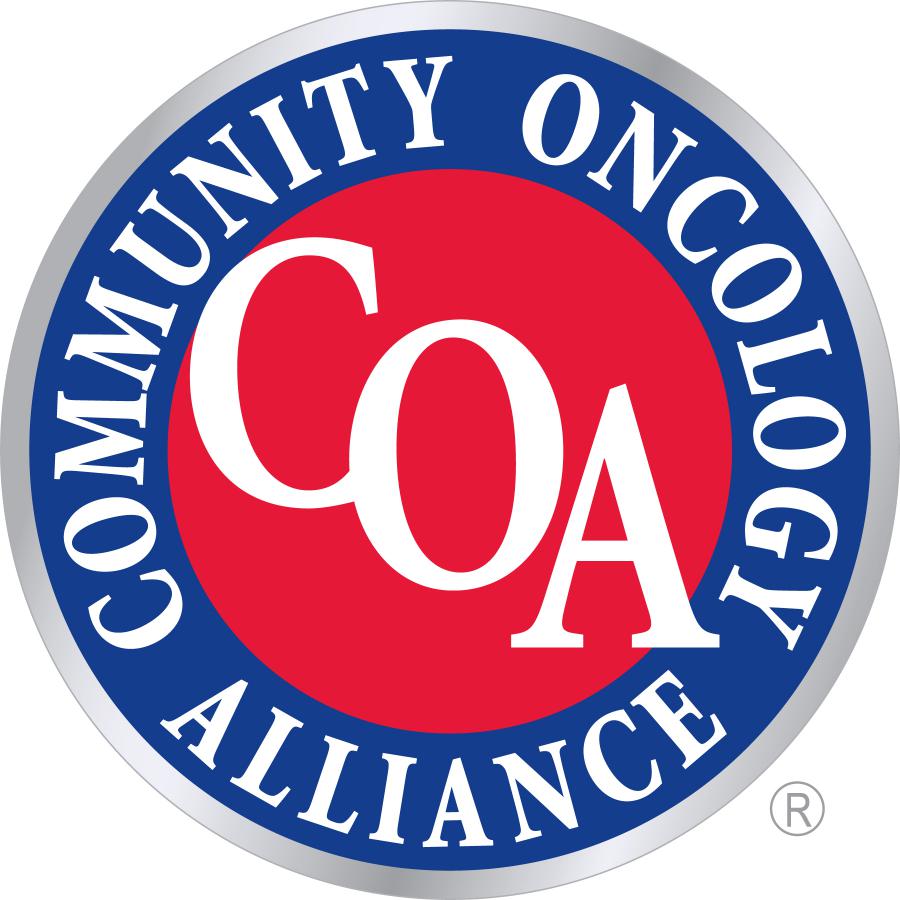
COA Warns That Final 2025 PFS and HOPPS Rules Increase Costs and Threaten Patient Access to Medical Care
Final PFS Rule Continues Troubling Trend of Cutting Reimbursement for Physicians
WASHINGTON, DC, UNITED STATES, November 5, 2024 /EINPresswire.com/ -- The final 2025 Medicare Physician Fee Schedule (MPFS) and Hospital Outpatient Prospective Payment (HOPPS) rules continue another year of unrealistic, unsustainable payment cuts for independent medical practices while boosting payments to hospitals. The Community Oncology Alliance (COA) warns the Centers for Medicare & Medicaid Services (CMS) and Congress that these damaging policy decisions will stop physicians from treating Medicare seniors, fuel independent clinic closures, and shift care into the much more expensive hospital setting. This threatens patient access to critical medical care, especially cancer treatment, and increases health care spending for all Americans.
Analysis Shows Impact on Key Cancer Services
In an oncology specific analysis of the final PFS rule using actual practice data, COA finds that the overall payment cuts for practices will be -3.98 percent. This is a result of the -2.83 percent decrease in the conversion factor that is used to calculate Medicare payment rates for services. For the most common cancer billing codes, the COA analysis finds that this would result in the following payment cuts:
- Evaluation/Management (E/M) Patient Visits: -2.69 percent cut
- Chemotherapy and Cancer Drug Infusion: -7.14 percent cut
- Diagnostic Imaging: -3.78 percent cut
- Radiation Treatment: -2.22 percent cut
The steepest cancer treatment payment cuts are to physician-administered chemotherapy and other oncology infusions. COA is particularly alarmed that CMS seemingly arbitrarily decreased the work relative value units (RVUs) on the infusion codes for overhead and malpractice by an additional -4.34 percent. This ignores the realities of inflation and rising practice costs.
“CMS’ consistent cuts to physician reimbursement while rewarding expensive hospitals defies logic and is simply irresponsible. As with years past, this payment policy does not make any sense and only leaves patients with cancer and the American taxpayer on the hook for more spending,” said Ted Okon, executive director of COA. “After an election season often focused on lowering health care costs, it is troubling to see CMS regulators advance policies that do the opposite. We need a commitment to supporting physician-led medical practices, including independent community oncology clinics, for the clear value they bring to patients and the health care system.”
This scale of payment cuts is completely unacceptable and unsustainable for community oncology practices that have faced recurring cuts to reimbursement alongside ever-increasing medical inflation. An Avalere analysis for COA previously found that payments for key community oncology services severely lagged inflation from 2014 to 2023. Over the last decade, the Medicare conversion factor decreased by five percent while the compounded increase of inflation over the same period was 28 percent. As community oncology reimbursement has been continually ratcheted down over the last two decades, the chemotherapy services delivered by independent community oncology practices declined by 64.3 percent, presenting serious access concerns for cancer patients. Practice struggles can be directly tied to community oncology practices being reimbursed less and less under the cost of inflation each year by Medicare.
Congress needs to act immediately after the elections to stop these destructive CMS payment cuts, which is why COA supports the bipartisan Medicare Patient Access and Practice Stabilization Act just recently introduced. Then, the 119th Congress needs to advance legislation and create Medicare payment parity regardless of the site of care, whether physician practice or hospital.
###
About the Community Oncology Alliance
The Community Oncology Alliance (COA) is a non-profit organization dedicated to advocating for community oncology practices and, most importantly, the patients they serve. COA is the only organization dedicated solely to community oncology where the majority of Americans with cancer are treated. The mission of COA is to ensure that patients with cancer receive quality, affordable, and accessible cancer care in their own communities. More than 1.5 million people in the United States are diagnosed with cancer each year and deaths from the disease have been steadily declining due to earlier detection, diagnosis, and treatment. Learn more about COA at www.communityoncology.org.
Drew Lovejoy
Community Oncology Alliance
info@coacancer.org
Distribution channels: Healthcare & Pharmaceuticals Industry, Politics, U.S. Politics
Legal Disclaimer:
EIN Presswire provides this news content "as is" without warranty of any kind. We do not accept any responsibility or liability for the accuracy, content, images, videos, licenses, completeness, legality, or reliability of the information contained in this article. If you have any complaints or copyright issues related to this article, kindly contact the author above.
Submit your press release
